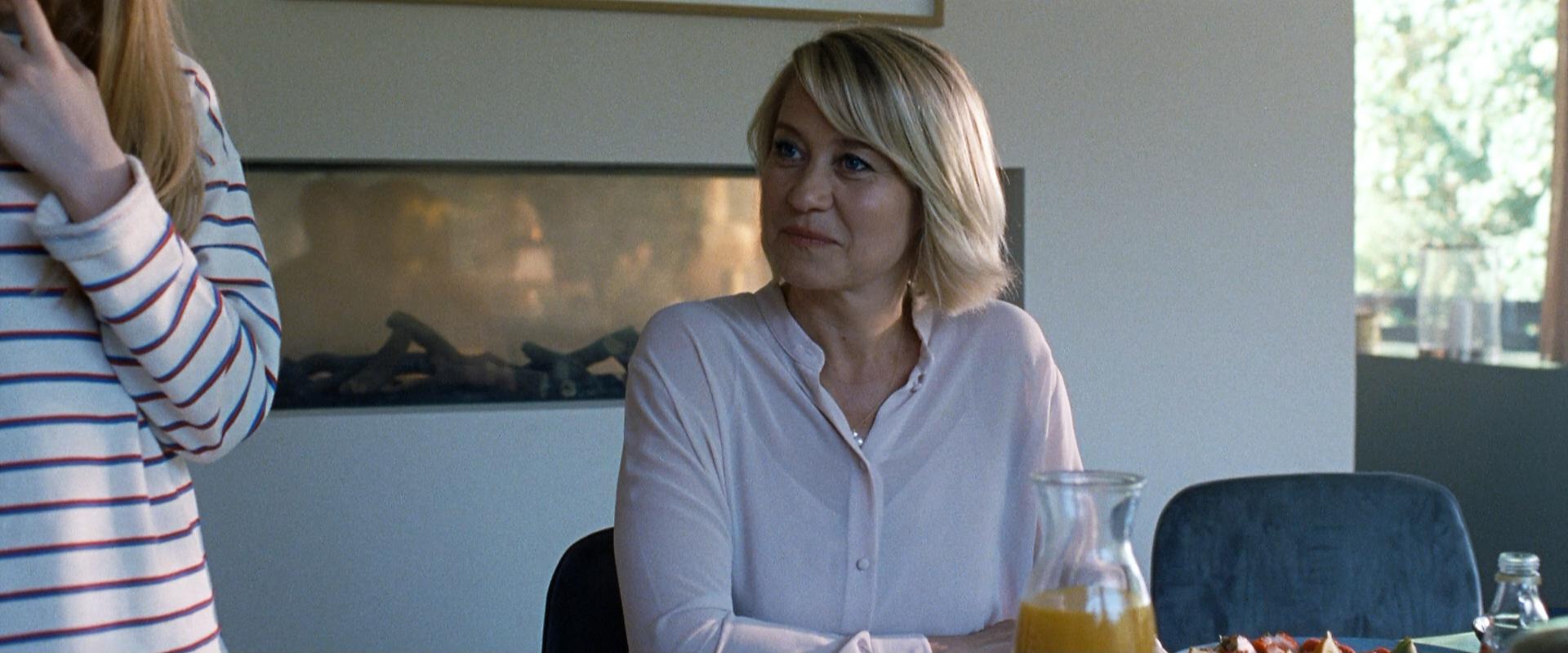Directed by Danish filmmaker May el-Toukhy and co-written with Maren Louise Käehne, “Queen of Hearts” (original Danish title: “Dronningen”) is a gripping and morally complex psychological drama released in 2019. The film garnered significant critical acclaim, praised for its nuanced storytelling, unsettling atmosphere, and a powerhouse central performance by Trine Dyrholm. It was selected as the Danish entry for Best International Feature Film at the 92nd Academy Awards and won the 2019 Nordic Council Film Prize, solidifying its standing as a compelling and impactful European cinema offering.

The narrative centers on Anne (Trine Dyrholm), a successful and seemingly impeccable lawyer specializing in cases of child abuse and vulnerable young individuals. She lives a seemingly idyllic life in a beautiful, modernist home in the Danish countryside with her physician husband, Peter (Magnus Krepper), and their two young twin daughters. Anne projects an image of professional competence, ethical integrity, and domestic bliss, embodying the ideal modern woman who seemingly has it all.
However, the carefully constructed facade of her life begins to crack with the arrival of Gustav (Gustav Lindh), Peter’s troubled 17-year-old son from a previous marriage. Gustav, who has been expelled from his boarding school in Sweden, comes to live with Anne and Peter, disrupting the family’s established harmony. Initially, Anne attempts to connect with Gustav, offering him a semblance of maternal support and understanding. Yet, this bond soon takes a dark and forbidden turn.

As the days unfold, an undeniable and dangerous attraction blossoms between Anne and her stepson. What starts as subtle flirtation quickly escalates into a passionate and illicit sexual affair. El-Toukhy skillfully portrays the unfolding of this relationship, not as a romantic fantasy, but as an unsettling exploration of desire, power dynamics, and manipulation. The film delves into the psychological underpinnings of Anne’s actions, hinting at a deep-seated vulnerability and a hunger for connection that she finds in Gustav, despite the immense risks. The age difference and the nature of their familial relationship cast a pall of discomfort over their intimate encounters, challenging the audience to confront uncomfortable truths about human nature and morality.
“Queen of Hearts” excels in its masterful direction and the chillingly authentic performances of its lead actors. Trine Dyrholm delivers a career-defining performance as Anne, a character who is both captivating and deeply disturbing. Dyrholm navigates Anne’s complexities with remarkable precision, revealing the layers of control, vulnerability, and ruthlessness beneath her polished exterior. Gustav Lindh, as Gustav, convincingly portrays the conflicted and increasingly victimized stepson, skillfully conveying his youth, naivety, and eventual disillusionment.
The film’s visual style complements its narrative, with cinematographer Jasper Spanning employing stark, often distant compositions that maintain a sense of unease and observation. The isolated setting of their beautiful home becomes a crucial element, a private world where boundaries are blurred and moral compasses are lost. “Queen of Hearts” is not a film that provides easy answers or clear-cut judgments; instead, it invites viewers to grapple with the disturbing implications of Anne’s choices and the devastating consequences that ripple through her seemingly perfect family. It’s a provocative and unyielding examination of forbidden desire, betrayal, and the unraveling of a life built on a foundation of deceit.





